Rice growers, especially farming households in the Mekong Delta participating in the Project "Sustainable development of 1 million hectares of high-quality and low-emission rice cultivation associated with green growth in the Mekong Delta by 2030" are in need of a huge amount of capital to confidently participate in the project, producing rice to supply import markets according to the Government's direction .
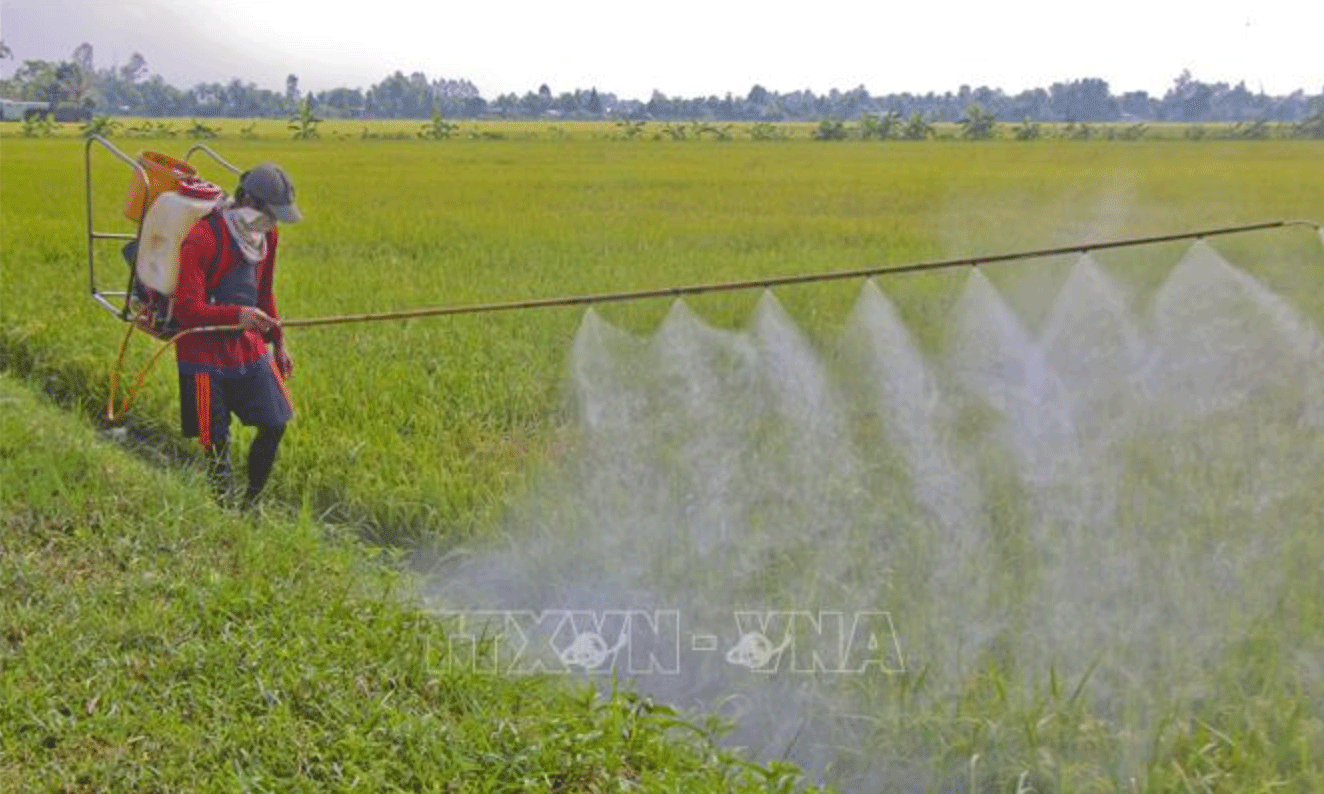 |
| Specialized production of high-quality, low-emission rice in Vi Thuy district (Hau Giang). Photo: Duy Khuong/VNA |
Therefore, to implement the project well and effectively, the state banking system and commercial banks have also stepped in, issuing many suitable credit policies for rice farmers.
Mr. Le Thanh Tung, Vice President of the Vietnam Rice Industry Association (VIETRISA), emphasized that farmers are the core of the 1 million ha high-quality, low-emission rice project in particular and the rice industry in general. Therefore, maintaining the core role of rice production in ensuring national food security; developing agriculture in the Mekong Delta in a sustainable, natural direction and increasing income for rice growers; reorganizing the production system according to the rice industry chain, increasing added value, applying sustainable farming processes, adapting to climate change and reducing greenhouse gas emissions.
At the same time, contributing to the implementation of Vietnam's international commitments on environmental protection. Therefore, supporting farmers to increase their resilience to market fluctuations is the biggest goal of this project. Compared to traditional farming methods, Mr. Tung shared that the project brings many outstanding benefits such as reducing the amount of seeds sown by up to 50%; reducing the amount of nitrogen fertilizer and chemical pesticides by 30%; reducing lodging and post-harvest losses by about 5%; reducing greenhouse gas emissions by an average of 5 tons of carbon/ha/crop. At the same time, increasing profits for farmers by about 5 million VND/ha/crop.
According to Mr. Tung, how to harmonize the benefits and share risks among the participants in the value chain. The project also creates a high value chain link for farmers and businesses. Farmers participating in the 1 million hectare high-quality, low-emission rice project all have production and consumption links with businesses. This is what ensures that bank capital is disbursed and fully recovered.
According to Mr. Tran Quoc Ha, Acting Director of the State Bank of Region 14 (including Can Tho, Vinh Long, Hau Giang, Soc Trang and Bac Lieu), with 183 commercial bank branches in the Mekong Delta region, according to regulations, if lending to agriculture, farmers, and rural areas, the banking sector does not use mortgaged assets, but assets to secure loans. When lending, the bank only needs the People's Committee at the commune level to confirm that farmers have assets operating in agriculture, and have means of production, and the bank is lending.
Next, with Decree 55/2015/ND-CP, people can borrow up to 100 million VND on credit, while cooperatives can lend up to 3 billion VND without collateral, but must demonstrate the ability to use the capital. Banks do not require collateral, but must demonstrate a feasible, effective production plan and the ability to repay. In addition, the Government also issued Decision 1490/QD-TTg approving the Project "Sustainable development of 1 million hectares of high-quality and low-emission rice in association with green growth in the Mekong Delta by 2030". This is an extremely good and effective program, ahead of its time, but there are still many problems, it is necessary to determine the standards and build connections.
Mr. Le Hong Phuc, Deputy General Director of the Bank for Agriculture and Rural Development (Agribank), said that when the Government requested the State Bank to coordinate with the Ministry of Agriculture and Environment to find solutions to accelerate the implementation of the project; in which capital is very important. Besides the capital from the World Bank (WB) to sponsor training, technical training, management, capital from the Government, all levels, and sectors, credit is very important because it accounts for the majority.
Since then, Agribank has established a steering committee and actively coordinated with the Ministry of Agriculture and Environment and the State Bank to implement lending policies and specifically, Agribank has applied a minimum 1% interest rate reduction for individuals, farming households, cooperatives, and businesses borrowing in the chain. One of the almost hard conditions for borrowing in this project is to participate in the chain. The second is to be located in the specialized area of the 1 million ha high-quality, low-emission rice project in the Mekong Delta region.
However, the problem with banks implementing the policy correctly and creating conditions for farmers to borrow capital for rice production is that the provinces have not announced specialized areas in a uniform manner, and some provinces have not announced them yet, and there are not many provinces participating in the chain. Meanwhile, the members of the participating cooperatives are still fragmented in terms of collateral, responsibility or business models that are not financially transparent and have not yet reached their potential.
Therefore, as long as all participating stages have transparent information about mortgaged assets and clear connections, the bank will respond very quickly to fees, which can be used as an additional loan option, or for businesses exporting to Africa, banks also have a deferred payment guarantee (L/C) service if the business has enough reputation for domestic banks and international banks in Africa to guarantee, Mr. Phuc added.
( According to https://baotintuc.vn/kinh-te/ngan-hang-tao-dieu-kien-cho-nganh-hang-lua-gao-phat-trien-20250405152326299.htm )
Source: https://baoapbac.vn/kinh-te/202504/ngan-hang-tao-dieu-kien-cho-nganh-hang-lua-gao-phat-trien-1038963/





![[Photo] Overcoming all difficulties, speeding up construction progress of Hoa Binh Hydropower Plant Expansion Project](https://vstatic.vietnam.vn/vietnam/resource/IMAGE/2025/4/12/bff04b551e98484c84d74c8faa3526e0)

![[Photo] Closing of the 11th Conference of the 13th Central Committee of the Communist Party of Vietnam](https://vstatic.vietnam.vn/vietnam/resource/IMAGE/2025/4/12/114b57fe6e9b4814a5ddfacf6dfe5b7f)

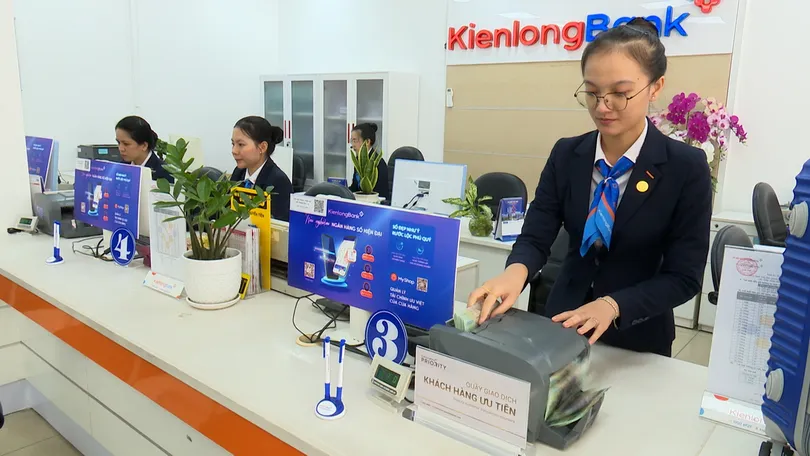
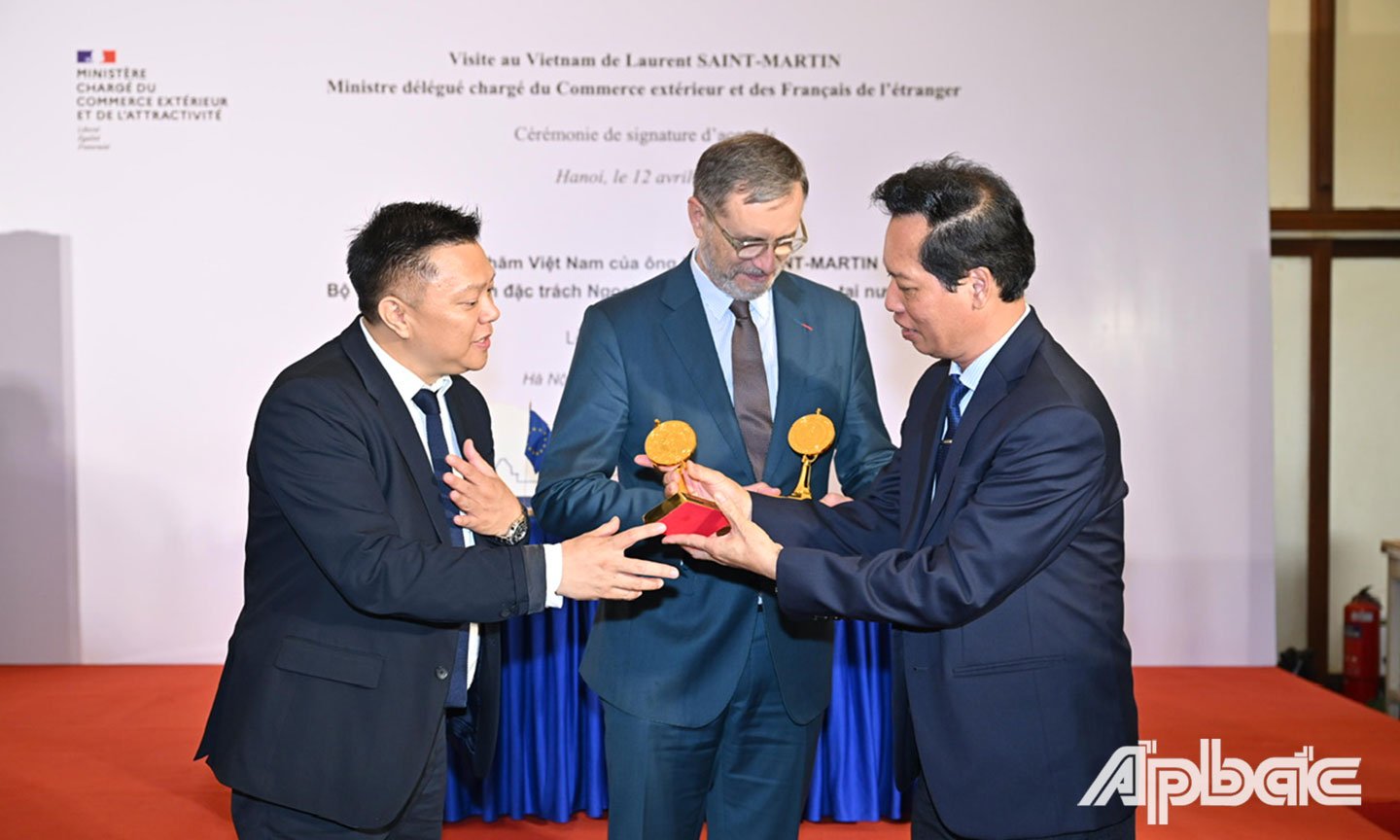
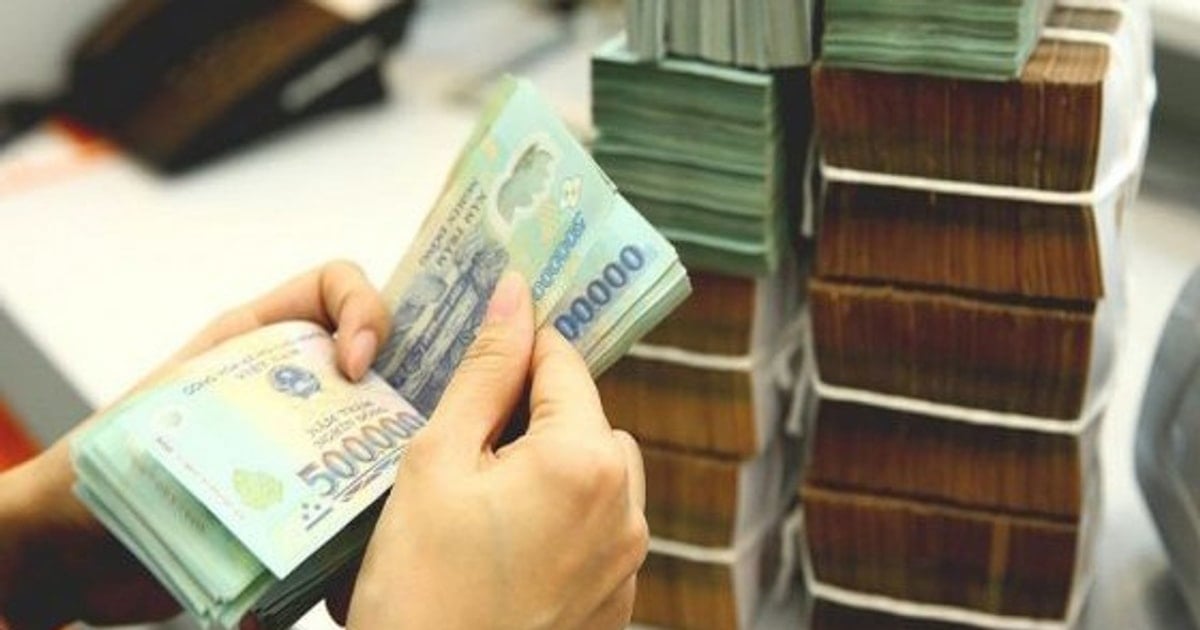
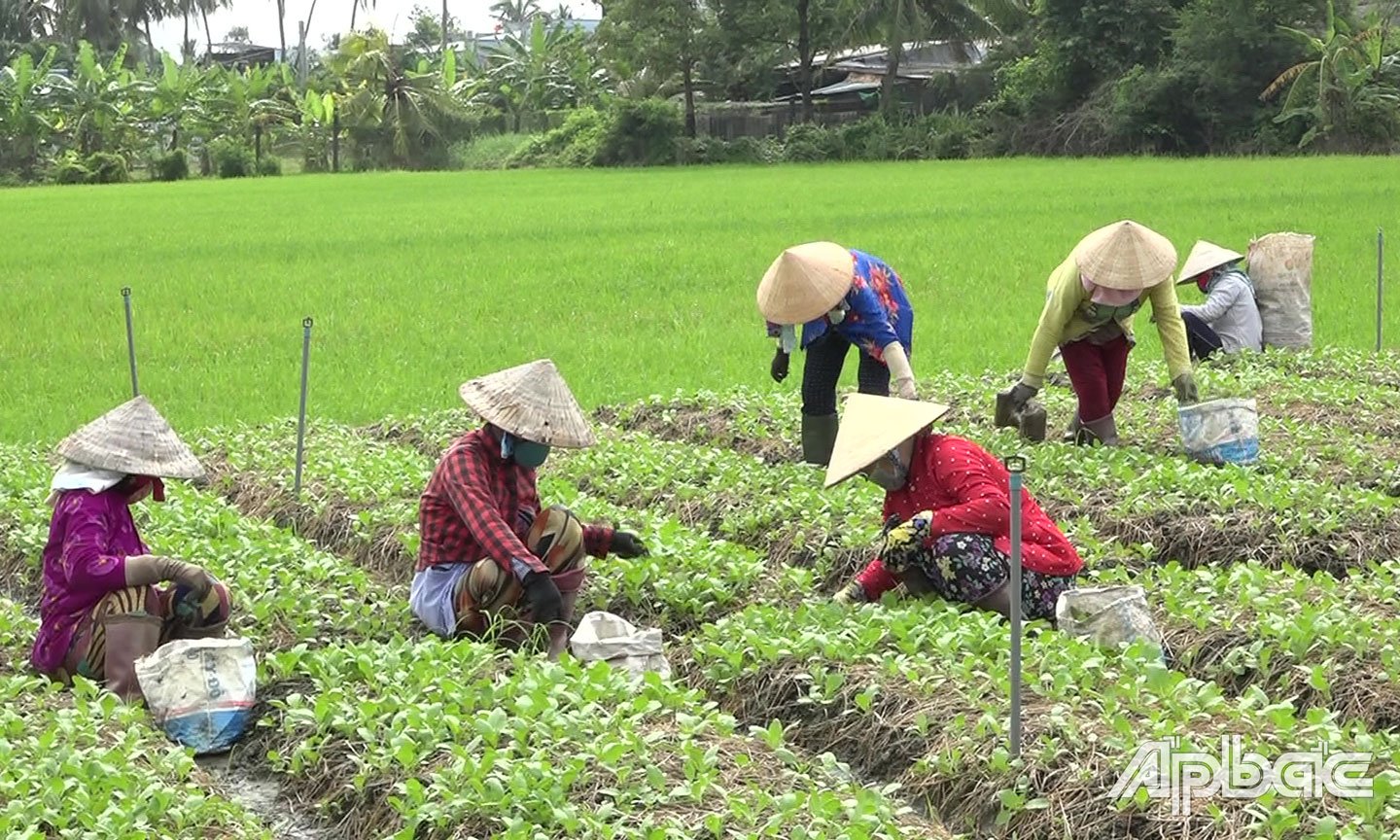
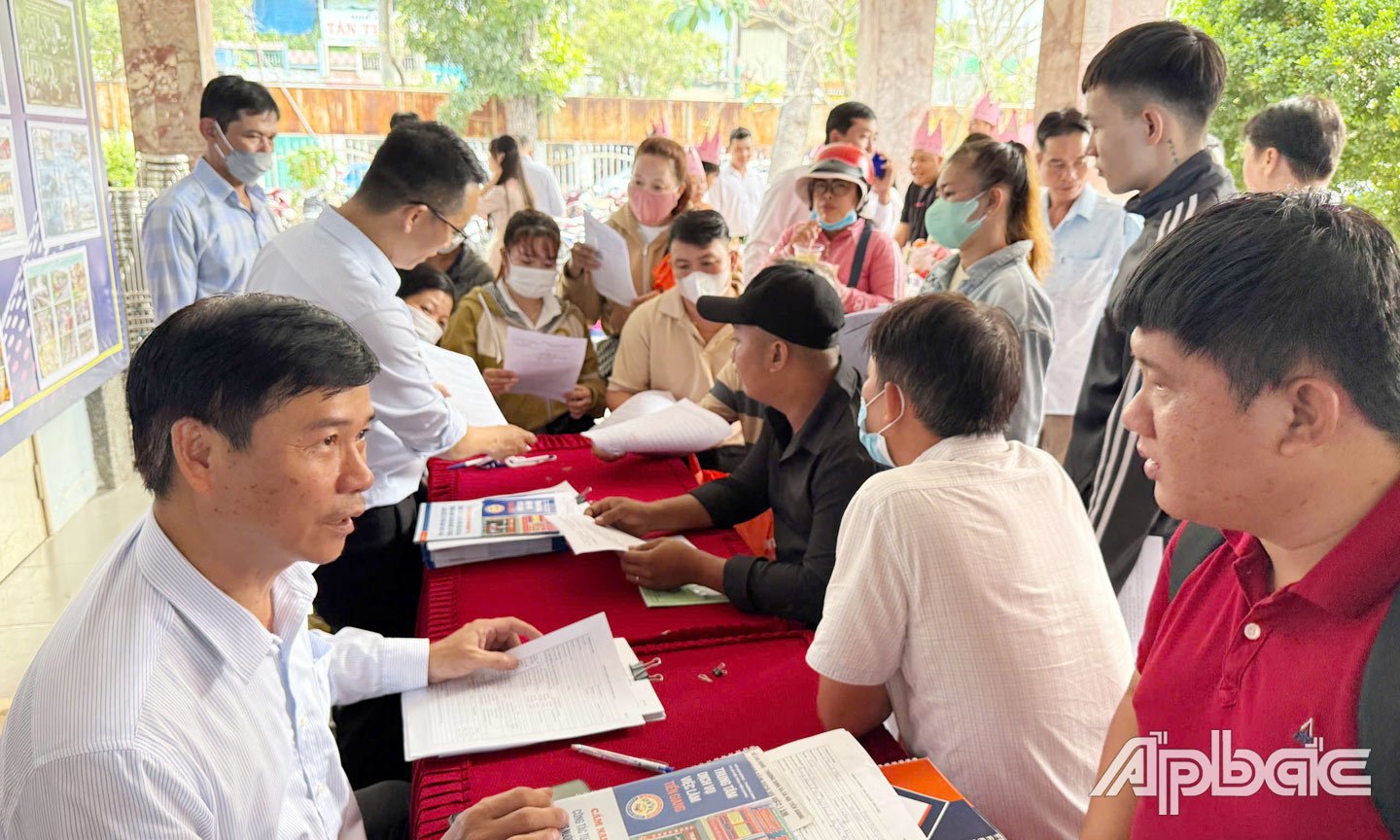



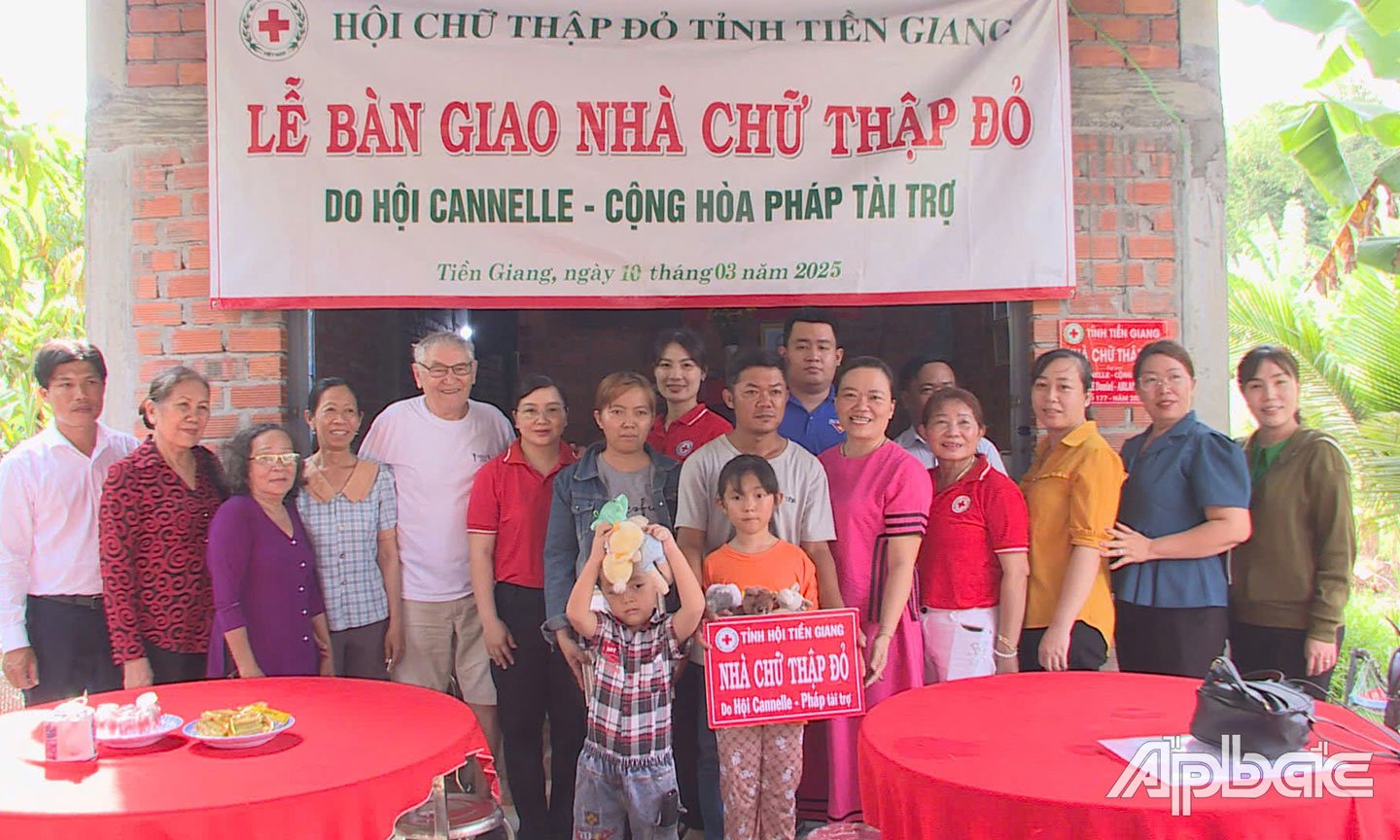
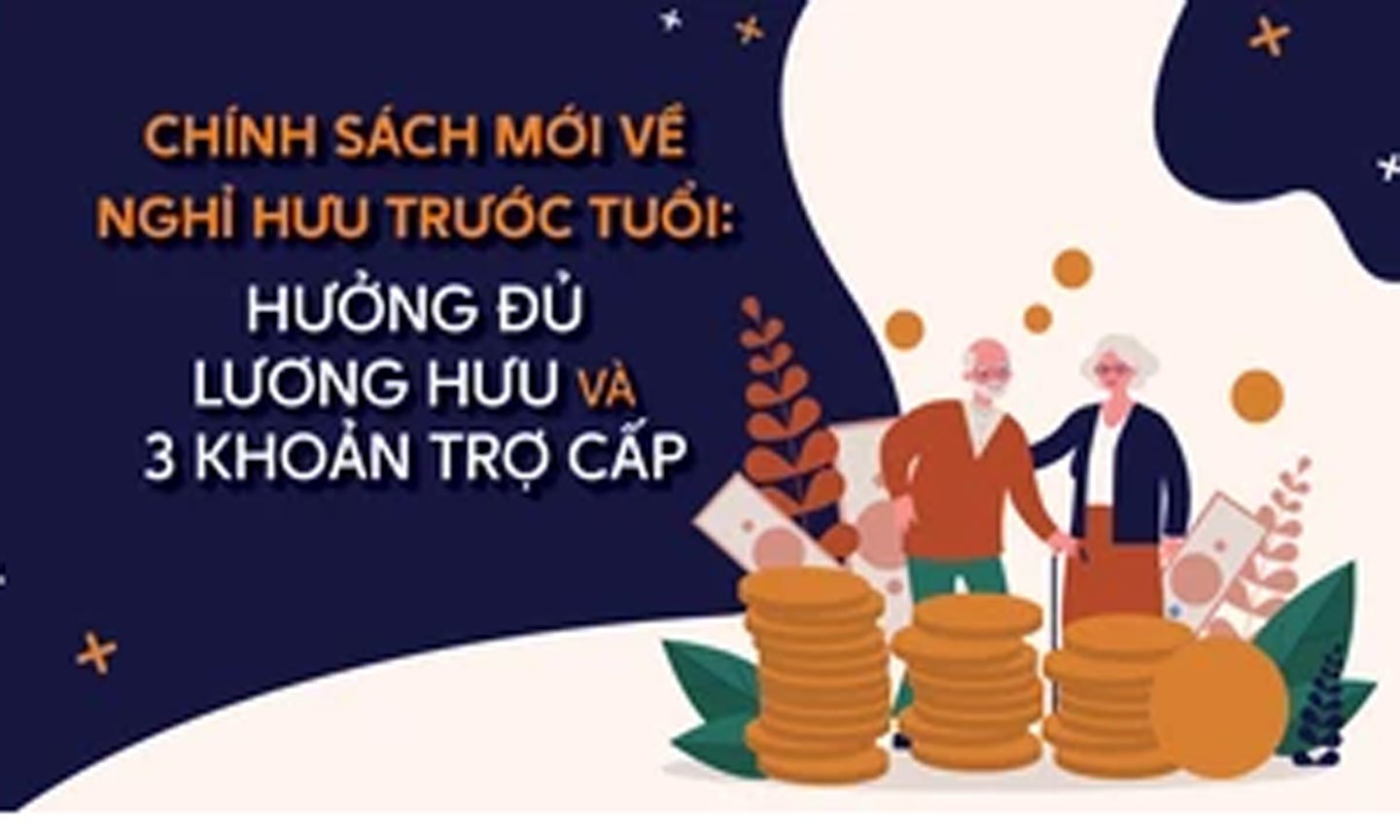
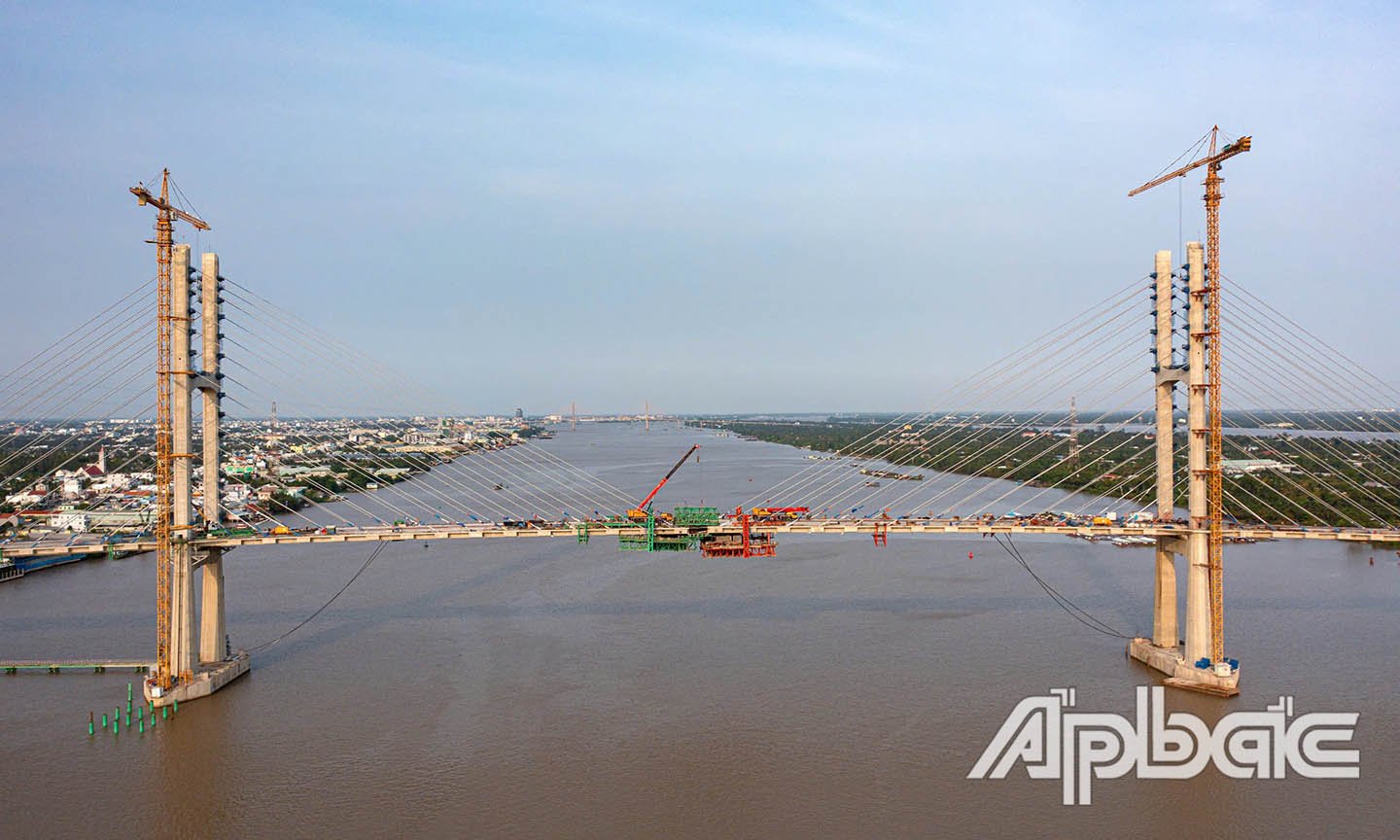
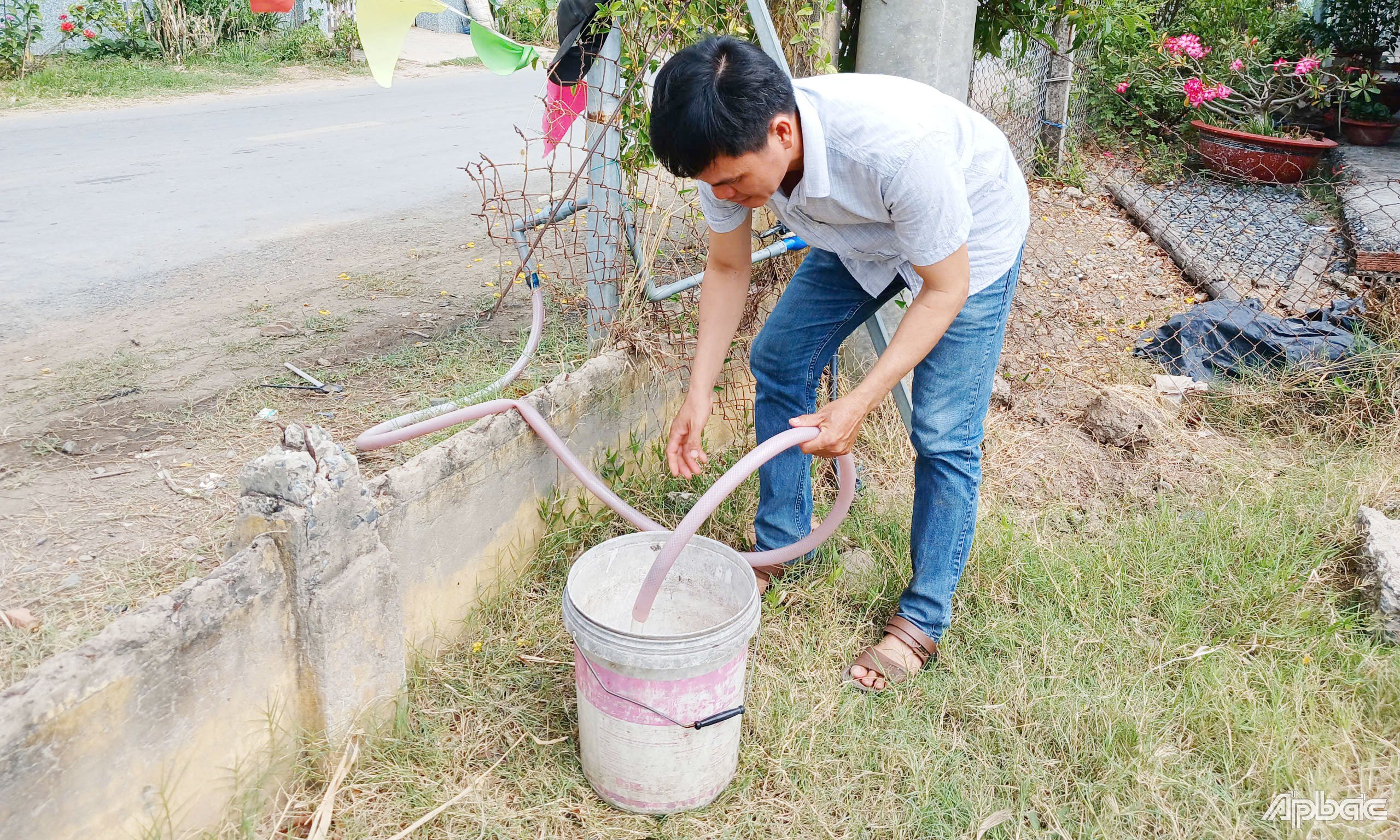
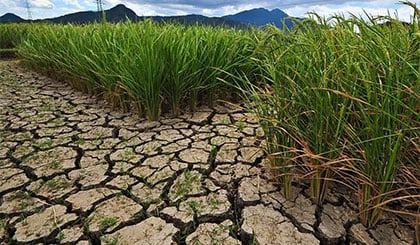
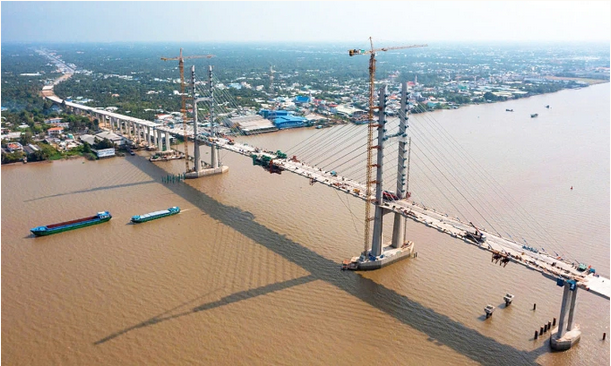














































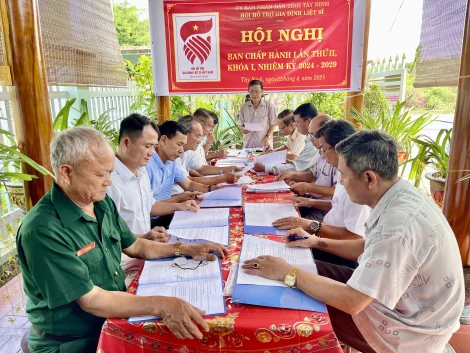



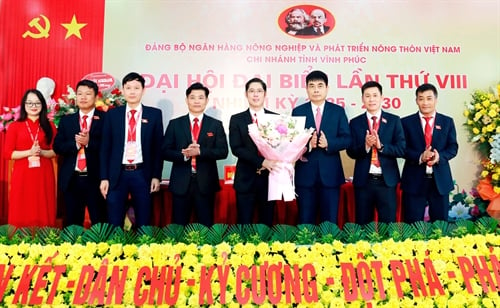

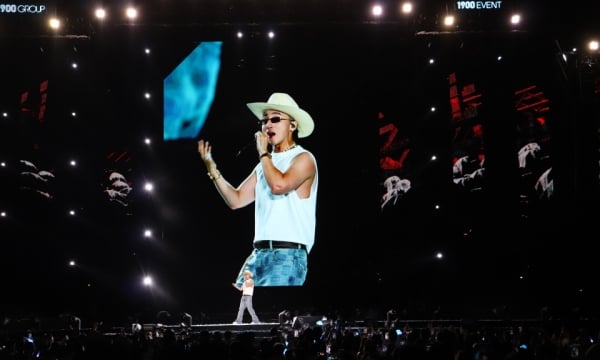












Comment (0)